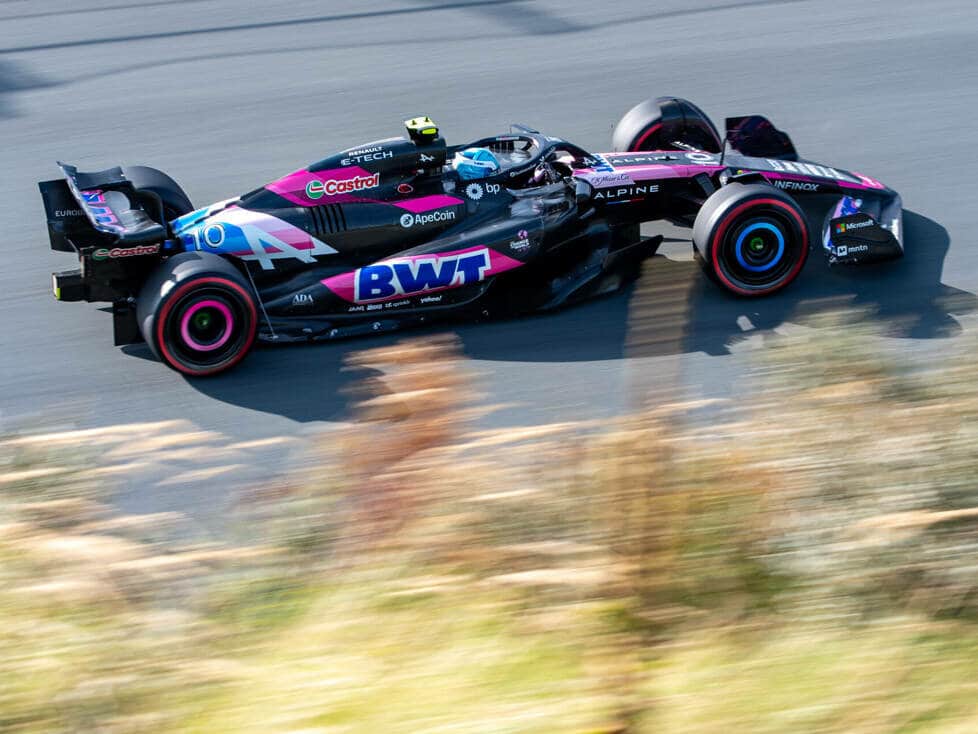Should Alpine continue to lag behind the competition from the 2026 Formula One season onwards, the team will have to face criticism – the rules ensure a start from scratch
From the 2026 Formula One season onwards, there will be no excuses for the teams if their performance is not up to scratch, because the pecking order will be almost neutralized by the new technical regulations. Alpine will then have to prove itself, according to technical director David Sanchez, and will no longer be able to make excuses if the team does not make progress.
The racing team has been part of the Renault Group since 2015, and since then, the long-term goal of fighting for victories and podium places has been repeatedly stated. So far, it has not been achieved.
In the past nine seasons, the French team only made it into the top three three times, with Esteban Ocon winning the Hungarian Grand Prix in 2021. So there have been isolated successes, but the team has so far lacked the consistency to keep up with teams like Red Bull, McLaren, Ferrari and Mercedes.
Successful as a customer team?
In the 2024 season, the team was completely under the radar, scoring only a few points until Brazil. The surprising double podium in Sao Paulo catapulted the team to sixth place overall.
2025 is considered a transitional year in Formula 1, with no major steps by the teams expected, as the teams will likely focus quickly on the first year under the new regulations, i.e. 2026. For Alpine, there is an additional factor: it will no longer have its own engines. The team will rely on Mercedes power from 2026 onwards, making it a customer team.
McLaren proved in 2024 with Mercedes engines that a customer team can be successful when the team won the constructors’ championship and had a driver in the title fight, Lando Norris. Sanchez told our English sister site Motorsport.com: “Whether it’s a factory or customer team, the engine always has to perform the same. So it’s not about what more a factory team can get out of the engine.”
According to Sanchez, all manufacturers offer a “good package” of engines, plus the strict rules and high reliability. “That’s why no engine manufacturer is above the rest,” says Sanchez. “No matter which engine you have in the car, as a customer team, success is possible.” That’s why Alpine has to prepare for the 2026 season, because this year it’s all about the car’s philosophy and the upgrades that come during the season.
“I see us preparing for 2026, and I don’t see any fundamental weaknesses that we can take with us in 2026 and use to stop us,” said the technical director. “That’s why we want to do a good job in 2026.” Since January 1, the teams have been allowed to develop the new car, and now the aim is to avoid any disadvantages and still perform well in 2025. In addition, there are hurdles such as the budget limit and restrictions on aerodynamics testing.
According to Sanchez, Alpine already has a plan for when to fully focus on 2026. “Of course, you’re never 100 percent sure, but the results won’t be the deciding factor,” he explains. “I hope we can execute our strategy and not face any surprises.”
The outcome of the 2025 season will depend on how much the teams focus on 2025 and 2026, according to Sanchez, who does not believe that a team will prioritize 2025. For Alpine, the 2026 season could be decisive.





